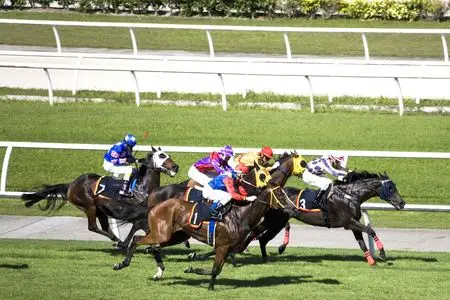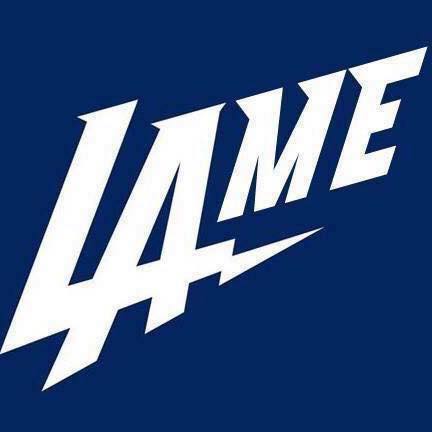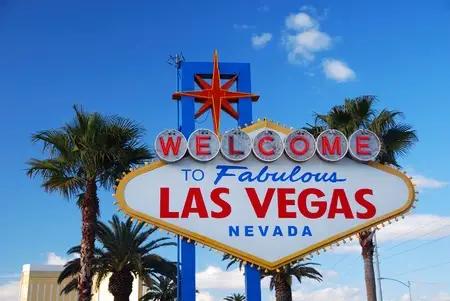How to Make Money Investing in Racehorses
Upfront Cost and Upkeep
If you want to buy a unproven racehorse outright, the initial horse cost is often manageable; websites list a wide variety of racehorses that are available in the $3000 to $10,000 price range.
However, direct descendants of a champion racehorse could sell for many multiples of that number, as could young champion racehorses with Triple Crown potential.
Beyond acquiring the horse itself, upkeep and other expenses will cost about $60,000 per year. This includes training, boarding, vet fees and other costs.
Below is a breakdown of some of these costs:
• Per diem: This is the daily cost of training, housing and feed your beloved racehorse at the track. Most day rates are $45 to $120 per horse. The more glorious the track, the more glorious the costs, of course. It is typical for a major track to cost $34,000 per year.
• Horseshoes: Horseshoes are likely more expensive than your own shoe addiction. Costing up to $400 per month for a racehorse, these shoes can be expensive.
• Vet fees: Just like people, horses come down with common ailments and suffer injuries. They need routine care, sick care, and preventive measures that only a vet can provide. Injections can cost about $60 each.
• Jockey costs: Jockeys require salary for their services. This can run between $35 and $100 per race, as a minimum. The jockey will also take home a purse percentage if the horse wins, shows well or places.
• Transport costs: Horses have to travel in comfort, too. When transporting your big investment from one race to another, there are costs to absorb. Racing only locally or regionally provides lower cost here, of course.
• More fees: Insurances, taxes, licenses and other fees vary from state to state.
The Rise of Fractional Ownership
The steep costs of owning a racehorse outright have helped foster the rise of fractional ownership. There are 4 main benefits.
The first is the ability to invest in a horse in some cases with as little as $2500. Full, half, and quarter shares might involve owning as low as 2%.
The second is the ability to cap expenses. Ownership groups may cap the expenses as low as $1000 per quarter for a full share (less for a half or quarter share).
The third benefit is the ability to have the racehorse vetted by an expert. Rather than decide exactly which horse to invest in, the decision is made for you.
The final major benefit is the ability to have someone else make all decisions relating to the horse (training, jockey selection, veterinary care, etc.) and manage the horse for you. You can review financial statements and attend the races, without worrying about the day-to-day responsibilities of horse ownership.
Most Lose Money but Occasionally a Racehorse Investor hits a Grand Slam
A couple bought a colt for $17,500 in 1975 and named it Seattle Slew. That couple, Karen and Mickey Taylor, had no idea that little colt would win the Triple Crown, taking home over $1.2 million in his career. This was accomplished through 14 first place wins, including the three leading to the Triple Crown feat.
The best part of this great story is that when Seattle Slew retired from racing, he earned far more in stud fees, as winning racehorses do. Slew brought home another $12 million for the Taylors by siring offspring. While this is a rare horse tale, such does happen from time to time.
Every year, a horse wins the Kentucky Derby ($1.5+ million). Another wins the Belmont Stakes ($800K). A third may win the Preakness Stakes ($900K). Occasionally that once in a generation horse comes along and wins all 3 (the Triple Crown). The question is merely whether that horse could be your investment pony. The more a horse wins, the higher its value and stud fees.
The biggest return on investment comes from a winning horse’s reproductive results, as the Taylors learned. The more races a horse wins in its youth, the more money your investment makes on the back end of racing. One such story includes Kentucky Derby victor Fusaichi, who sold for $60 million.
Each stud session for that horse is a $200,000 income opportunity for the new owners. Hundreds of offspring are expected from him, so anyone able to do quick math can see that hundreds of millions of dollars can be made in coming years.
Investors who do not want to go through the breeding process can also sell their shares or the entire horse – whichever their investment may include – to a high bidder for that bidder to take over the breeding.
Betting on Racehorses at the Track is a Good Place to Start
If you are considering investing in a racehorse, you are probably someone who has already played the ponies a bit at the track. You are likely a gambler or risk taker at heart.
In order to make the decision to invest in a racehorse, you have to decide if you are willing to take on the tremendous amount of risk involved in ownership.
Start looking for race horses for sale (there are dozens of websites listing horses on Google and many more sell through word-of-mouth). Check out their pricing and lineage, then factoring in expected costs. Do your homework before you buy a racehorse and you are less likely to be surprised or disenfranchised by the financial outcome.
Above all, only invest an amount of money you are OK with losing; this is a major gamble that may pay off in prestige and the pride of horse ownership, but is a long shot at best to pay off financially.
If you have the rare eye and are able to pick the right horse, coupled with a large amount of luck, you might have just invested in something that will pay off many times over.



